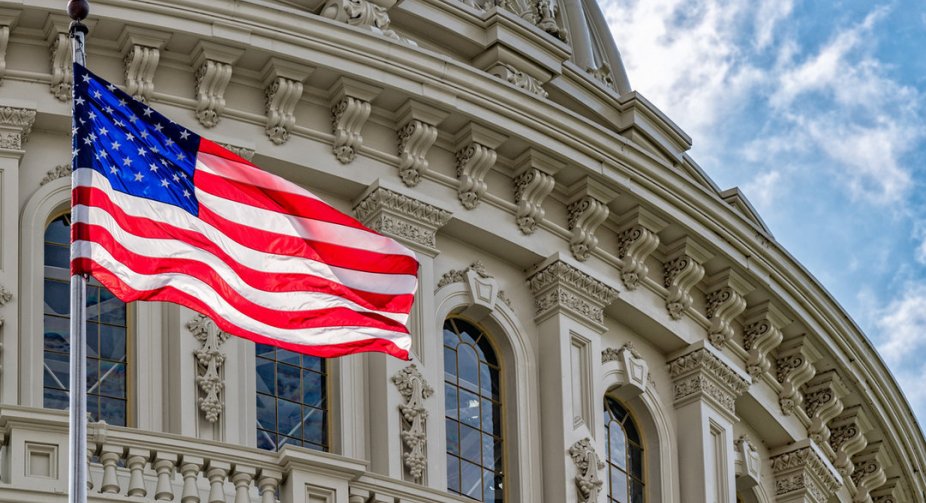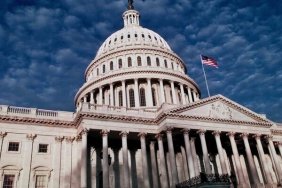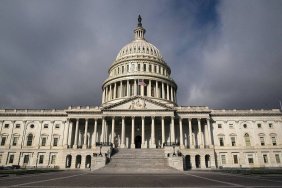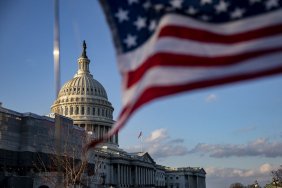The U.S. Senate late Wednesday unanimously passed an important bill to renew a World War II program that would allow President Joe Biden to more effectively send weapons and other supplies to Ukraine amid a Russian invasion.
This was reported by Politico.
Senators were quick to support the proposal, known as lend-lease, because the Ukrainian military has proven it can fight off Russian troops shelling Ukrainian cities since late February. The lend-lease program, created during World War II, was considered a game changer in the war because it allowed the U.S. to quickly resupply the Allies without time-consuming procedural hurdles.
Lawmakers are resorting to extraordinary tactics last employed during the largest global conflict of the 20th century, another sign that the U.S. and its allies in Europe believe a Russian invasion poses an existential threat to the liberal order.
It indicates that the Western world believes that Ukraine can now win the fight against the Russian invaders.
The document, known as the Ukraine Democracy Lend-Lease Act of 2022, will expedite the transfer of critical military equipment and other critical supplies to Ukraine by reducing bureaucratic delays. It allows de facto donations of equipment with provisions stipulating that recipient countries will pay their cost to the U.S. later.
It is unclear whether the House will consider the lend-lease legislation passed by the Senate before both chambers leave Washington Thursday for a tentatively scheduled two-week recess. The House is expected to pass the trade bill with Russia after the Senate votes Thursday morning.
As a reminder, on April 6, the White House announced new sanctions against the Russian Federation for its aggressive war against Ukraine and the actions of its military. In particular, sanctions were imposed against Putin's daughters and "total blocking" sanctions against the key Russian bank Sberbank and the largest private bank, Alfa Bank.






